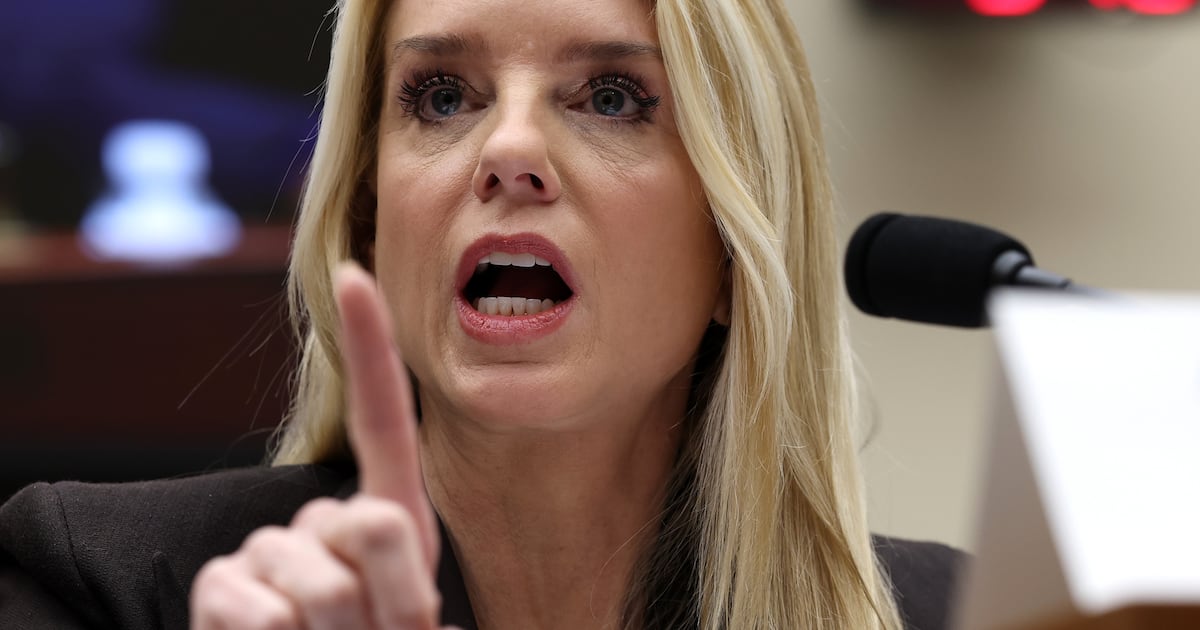One of the most popular men in Hollywood stands 13.5 inches high and weighs 8.5 pounds. The Academy Award of Merit—better known by its nickname, Oscar—was designed in 1928 and costs the Academy of Film and Television an estimated $500 to produce. For many actors, however, an Oscar win can spell millions more.

But can quality roles and ample compensation reach a happy medium for an actor? Let’s revisit the Academy Awards’ tipping point— The Crying Game. The 1992 critical and commercial success was produced and distributed by then-fledgling independent company Miramax Films and garnered six Academy Award nominations in 1993, including Best Picture. With Miramax, brothers Harvey and Bob Weinstein ushered in Oscar’s “indiewood” era, in which, “The Oscars became dominated by independent movies,” as Sony Pictures CEO Michael Lynton explained to The Daily Beast. By 1997, the year Miramax’s The English Patient won nine Academy Awards, including Best Picture, four of the five Best Picture nominees were made outside the major studio system. At last year’s Oscars, either independent studios or indie specialty divisions were responsible for five of the 10 Best Picture nominees.
Thanks to the “indiewood” takeover, actors are often forced to take drastic pay cuts with Oscar-bait indie films in order to court the coveted award. The combined estimated salary of all 10 of the top acting nominees at last year’s Academy Awards was just over $20 million, according to The New York Times. That’s just a tad more than the alleged $20 million Angelina Jolie was paid to sport a blond wig and wield a machine gun in Salt last year. The Hurt Locker, which won Best Picture in 2010, grossed just north of $17 million at the domestic box office, and most of its stars were paid at or around the Screen Actors Guild minimum of $65,000 plus overtime, according to the Times.
“The simple reason why [actors] go from getting out of the Oscar category is because they’ve won their Oscar for work where they’re not generously paid,” said Sony CEO Lynton. “Once they win their Oscar, they feel like they want to make a decent fee, and they take parts in larger commercial movies.”
“They deserve bigger paydays after winning Oscars,” said Harvey Weinstein. “I don’t think there’s any problem with that.”
The studios, in turn, hire these award-winning actors to lend their tent-pole productions more credibility, while the actors accept the role for the money, in what one studio executive deemed “a mutually beneficial arrangement.” Lynton hired Christoph Waltz, winner of last year’s Best Supporting Actor Oscar for his performance as an insidious, multilingual Nazi in Inglourious Basterds, to play the villain in this year’s The Green Hornet. (Waltz and the other actors mentioned declined comment via their reps.)
“You’re working with one of the world’s best directors [ Eternal Sunshine of the Spotless Mind’s Michel Gondry], so why not do The Green Hornet?” said Harvey Weinstein, former Miramax honcho and current co-chairman of The Weinstein Company, which co-distributed Basterds. “There was an opportunity there.”
That being said, a large number of Oscar-winning actors milk their newfound opportunity for every last drop. After Nicolas Cage won an Academy Award for his convincing portrayal of a drunk in 1995’s Leaving Las Vegas—a role that paid him a reported mere $240,000—he went on to earn a reported hefty $4 million paycheck as a chemical weapons specialist in Michael Bay’s 1996 action-thriller The Rock. Two years later, Cage’s fee quadrupled—he reportedly earned $16 million for the critical and box-office disappointment, Snake Eyes.
“There’s the attitude of ‘I did Leaving Las Vegas and you spent a year of your life making the film, then another year promoting it,’” said box-office analyst Karie Bible of Exhibitor Relations Co. “So there’s the trend of ‘I did this for the art, now I’m doing it for the mortgage, or the entourage.’” Cage’s taste of Oscar gold metastasized into a desire to “become a big star,” as Entertainment Weekly critic Owen Gleiberman told The Daily Beast—and, if his lavish spending is any indication, all that comes along with that fame. In 2009, Cage quite literally left Las Vegas when his home was foreclosed on due to the millions he racked up in unpaid taxes.
But Cage isn’t the only Academy Award winner whose post-Oscar decisions derailed his or her career. Halle Berry made history as the first black woman to win the Best Actress Oscar for her performance in the racially charged 2001 drama Monster’s Ball. Then, for a reported $14 million apiece, Berry signed on for the critically maligned suspense film Gothika and the superhero film Catwoman, which earned her the Razzie award for Worst Actress. “I think Halle Berry had a very specific plan with her agent where, after she won the Oscar, it was, ‘We’re going to make as much money as we can,’” said Bible.
Of course, the influence of agents and big-money offers can vary on a case-by-case basis. However, the reps do earn a percentage of the actors’ salary, and “as great as an Oscar is at the end of the day, it’s not what keeps the lights on,” said Lynton. “So, if I’m an agent, I’m pushing them toward the bigger payday.”
That’s presumably what Adrien Brody and Jamie Foxx opted for after earning the Best Actor Oscar for 2002’s The Pianist and 2004’s Ray, respectively. Brody struck a reported $2.75 million deal for his role as the village idiot in M. Night Shyamalan’s 2004 disaster, The Village. After his 2005 win, Foxx earned a massive alleged $10 million paycheck for 2006’s Miami Vice, where his rumored diva behavior on set led to an incredibly turbulent film shoot.
Even The Queen herself, Helen Mirren, followed up her 2006 Oscar-winning role as the stately monarch, Elizabeth II, with the 2007 by-the-numbers blockbuster sequel, National Treasure: Book of Secrets. “Everyone asks, ‘What are you going to do next after you’ve done something that’s gained that sort of attention?’ And this was just the perfect sort of movie,” Mirren told Reelzchannel. “Fun for me personally to do, and I needed something I could just relax and have fun with, but was work nonetheless. A very different movie from almost anything I’ve done before.” Bible echoed Mirren’s sentiments, saying, “If you do a really emotionally challenging role, maybe you do want to run around with an Uzi.”
Mirren’s fellow countryman Michael Caine seemingly felt the same way. He was too busy filming the critical and 1987 box-office bust Jaws: The Revenge to accept his Best Supporting Actor Oscar for his role in Woody Allen’s dramedy, Hannah and Her Sisters. Regarding the fourth Jaws, however, Caine famously admitted, “I have never seen it, but by all accounts it is terrible. However, I have seen the house that it built, and it is terrific!”
Harvey Weinstein, who had at least one movie in the running for the Best Picture Oscar from 1993 to 2003 as the co-head of Miramax, isn’t quite so cynical. “They deserve bigger paydays after winning Oscars. I don’t think there’s any problem with that,” said the exec, who soon finds out how The Weinstein Company’s frontrunner this year, The King’s Speech—up for 12 Oscar nominations, including Best Picture—will fare. “They’ve earned the respect of their peers, so they deserve to be compensated for it.”
On Sunday evening, four more actors will rise to the top at the 83rd Annual Academy Awards. Many predict that The King’s Speech star Colin Firth will scoop up the Oscar statuette for Best Actor, while Black Swan’s Natalie Portman will win Best Actress. The former is being heavily pursued to star in the long-gestating remake of My Fair Lady, while Portman will next appear in this summer’s superhero flick, Thor, around the time she’s due to welcome her first child. But for now, their next moves remain unknown.
“Sustaining visibility is paramount, and the shape of a career is a mysterious thing,” said Entertainment Weekly critic Gleiberman. “In some ways, [winning an Oscar] never put actors in a more difficult decision than it does today—in terms of going from the prestigious indie Oscar world to the world of what sells—because those categories have never been further apart.”
Marlow Stern works for The Daily Beast and has a master's degree from the Columbia University Graduate School of Journalism. He has served in the editorial department of Blender magazine, as an editor at Amplifier magazine, and, since 2007, editor of Manhattan Movie Magazine.






